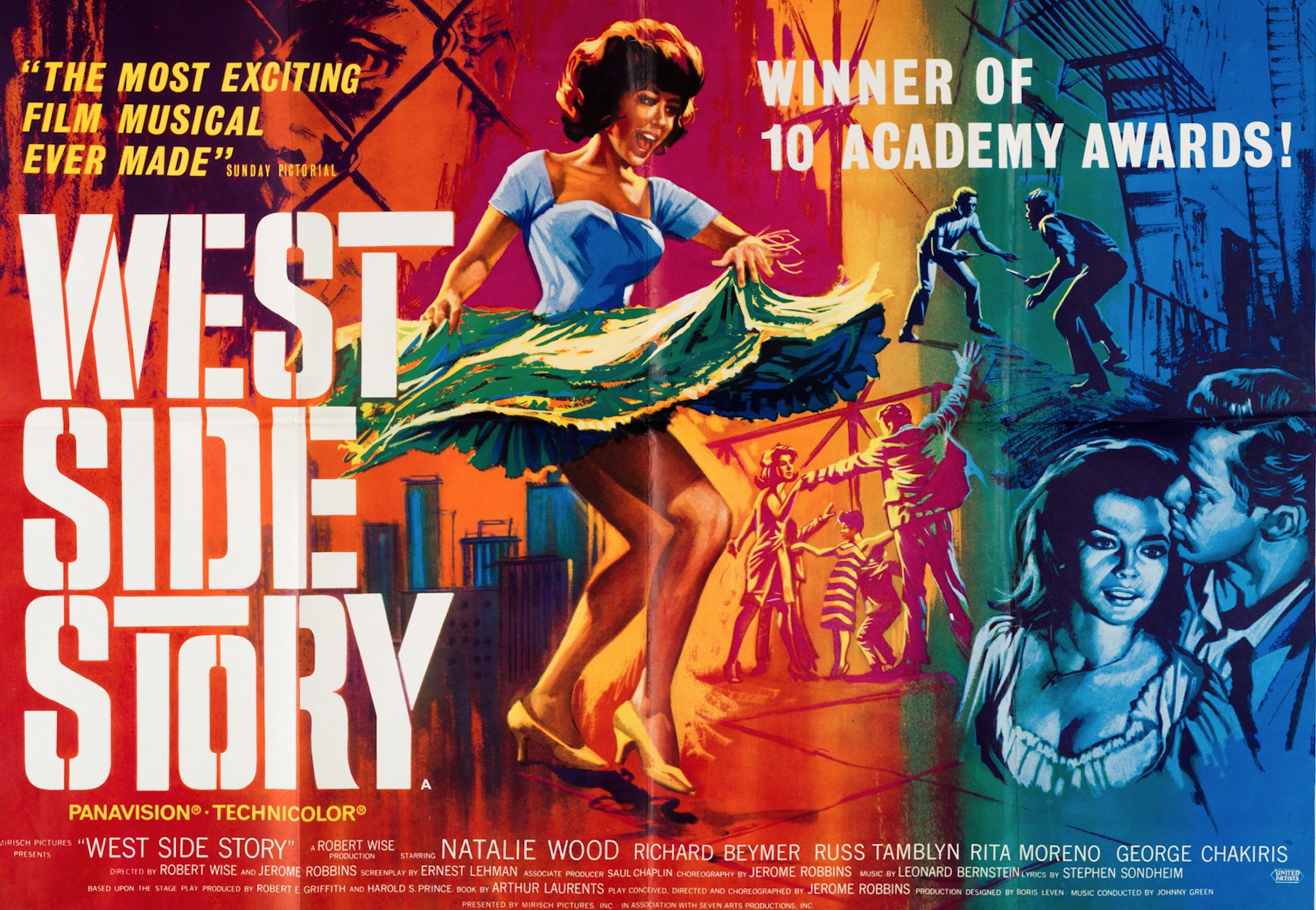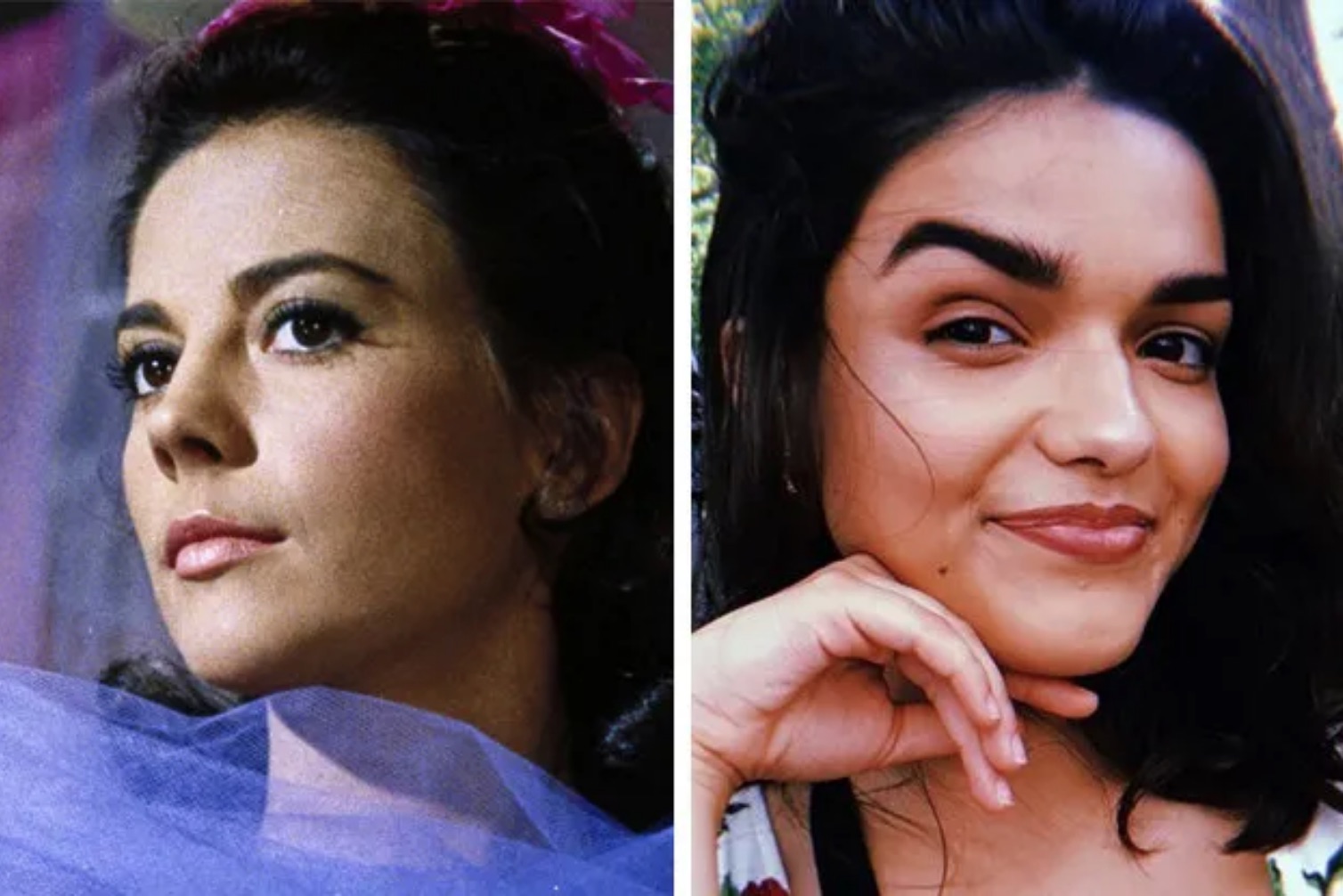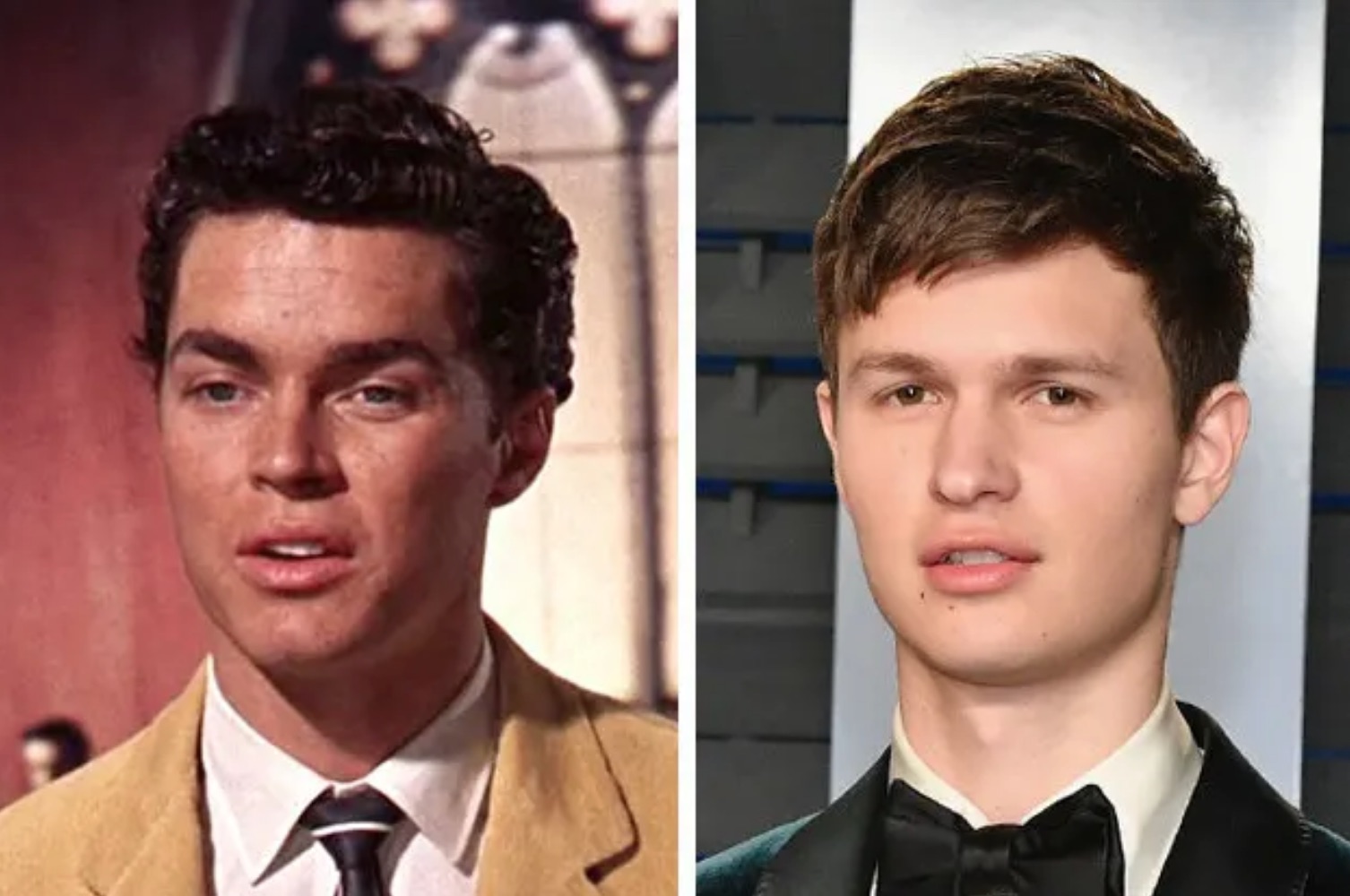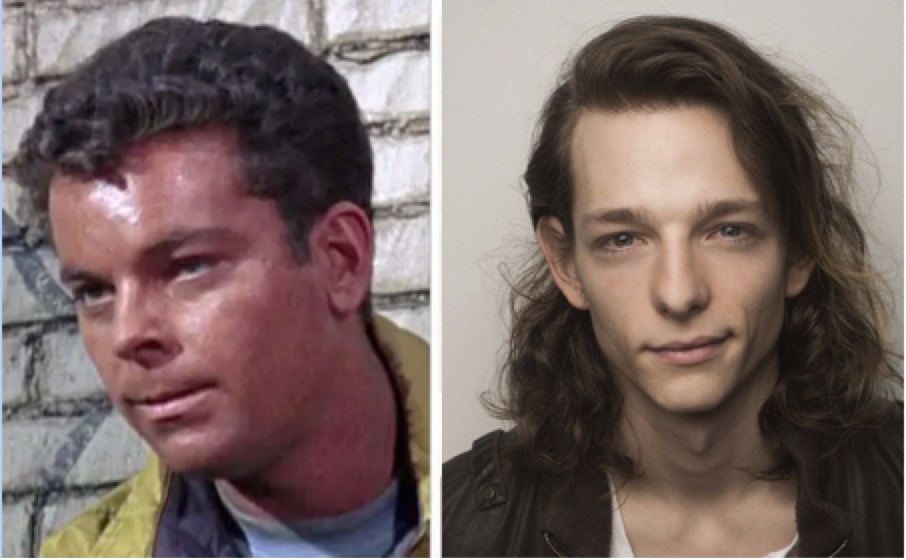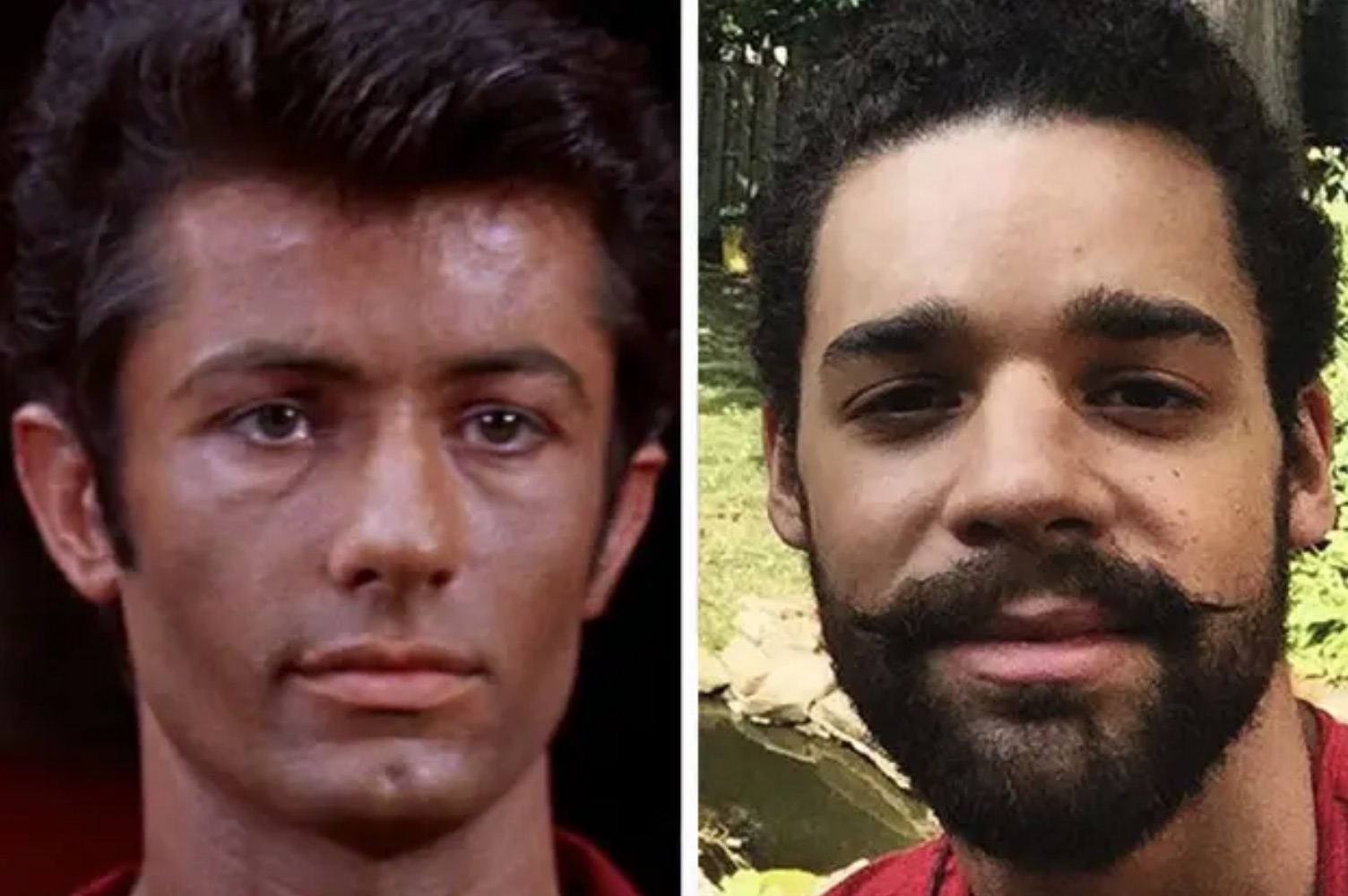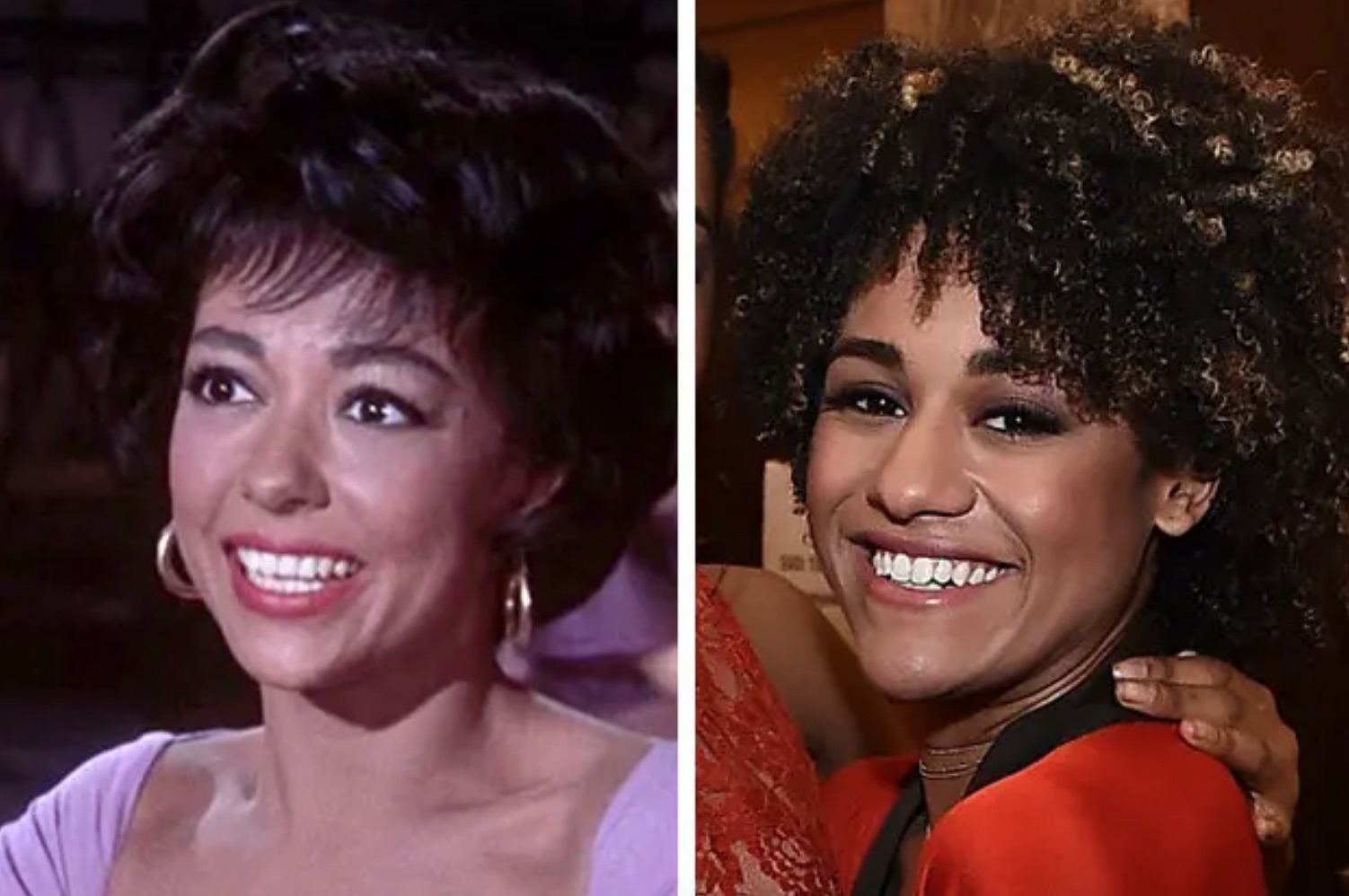THANK YOU, BOYS: DEAD POETS SOCIETY AT 30
Heading into the summer of 1989, there was no certainty that Dead Poets Society, the latest film from Disney’s adult-oriented mini-studio Touchstone Pictures, was going to be a hit. Australian director Peter Weir had scored big with his first Hollywood feature, the Oscar-nominated Witness (1985), but stumbled with his follow-up, the critically divisive box-office disappointment Mosquito Coast (1986). It had been two long years since Good Morning, Vietnam (1987), so Robin William's commercial clout as a dramatic leading man was in the balance. And would the rarefied tone of the upscale drama, about the inner struggles of wealthy white kids afforded private school educations, play at all with middle-America’s working-class movie-going masses…?
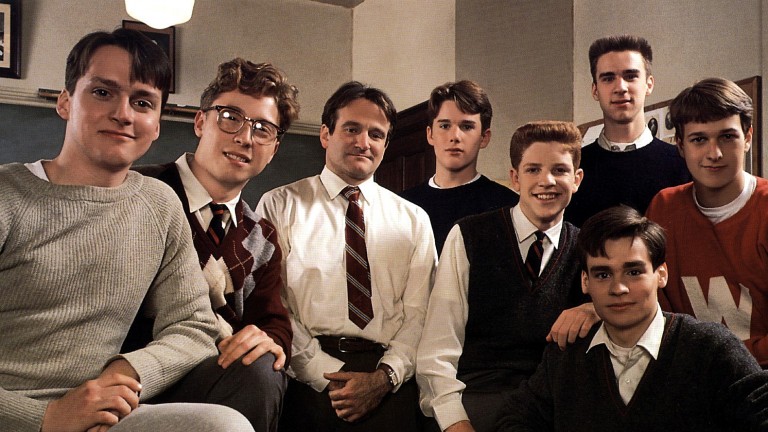
But Touchstone were confident enough to open it on June 9, an early summer slot that indicated they believed word-of-mouth would give it commercial legs. Test screenings had scored huge approval ratings; the trailer was playing ahead of the feel-good sleeper hit of early ’89, Field of Dreams; and, Williams was boisterously spruiking the life-changing journey he undertook with the young cast and his enigmatic director.
The 30th anniversary of the beloved film allows us to reflect on the journey of Dead Poets Society from page to screen...:
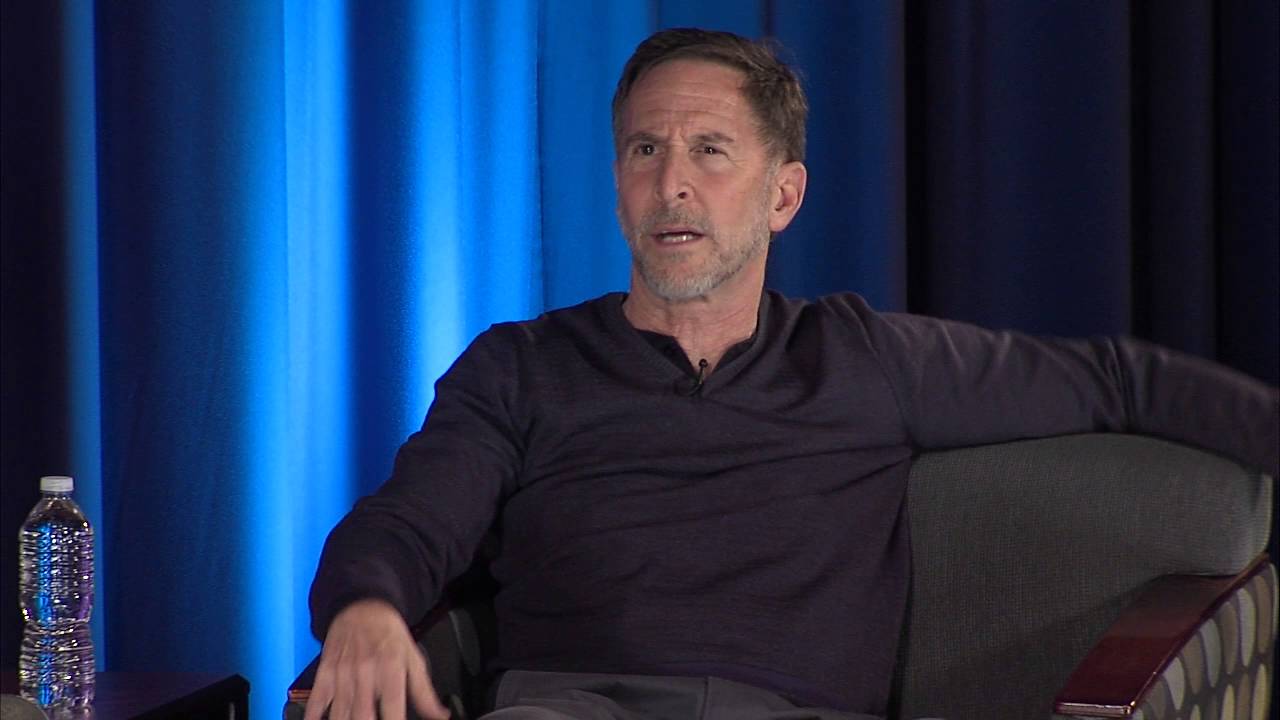 THE REAL LIFE ‘JOHN KEATING’: Screenwriter Tom Schulman (pictured, right) pinned his inspiration for Williams’ Mr Keating on Professor Samuel F. Pickering Jr, an English professor from the University of Connecticut. The then 15 year-old Schulman was attending Nashville’s Montgomery Bell Academy when Pickering taught a short course in classic literature. Pickering is on the record as being humbled but a little doubtful of the honour, stating, “Whatever of me is in that character has got to be small. I was a kid and (Schulman) was a child, 23 years go. How much of me could there be in the movie?"
THE REAL LIFE ‘JOHN KEATING’: Screenwriter Tom Schulman (pictured, right) pinned his inspiration for Williams’ Mr Keating on Professor Samuel F. Pickering Jr, an English professor from the University of Connecticut. The then 15 year-old Schulman was attending Nashville’s Montgomery Bell Academy when Pickering taught a short course in classic literature. Pickering is on the record as being humbled but a little doubtful of the honour, stating, “Whatever of me is in that character has got to be small. I was a kid and (Schulman) was a child, 23 years go. How much of me could there be in the movie?"
THE REEL LIFE ‘JOHN KEATING’: Of the period’s biggest stars, Mel Gibson was the most sought-after by Disney, though he turned it down. Director Jeff Kanew (Revenge of the Nerds, 1984; Gotcha!, 1985; Troop Beverly Hills, 1991) was attached throughout pre-production, and fought hard to cast a buzzed-about young actor named Liam Neeson. Williams was eyeing the project at this point, but didn’t gel with Kanew. Both were sent packing when Dustin Hoffman began developing it as actor/director. Williams would finally sign on when Weir became attached. Other name actors that auditioned were a young Sam Rockwell and actress Lara Flynn Boyle, who scored a small role as one of the student’s young sister, but was all but cut from the final film.
THE AUSSIE AUTEUR: At the end of a long meeting, Weir was almost out the door when Disney boss Jeffery Katzenberg said, “I’ve got the film for you.” Weir told Premiere magazine, “It's the finest piece of writing I've worked with." Weir was thrilled to work with Williams, but had to set guidelines for the actor. "Robin and I agreed at the start that (the character) was not going to be an entertainer in the classroom,” Weir has said. “That would have been wrong for the film as a whole, so he had to put the brakes on at times." Robert Sean Leonard, cast as ‘Neil’, has said, “Robin would be the first to admit that he is not the star of the film. Peter is the star."
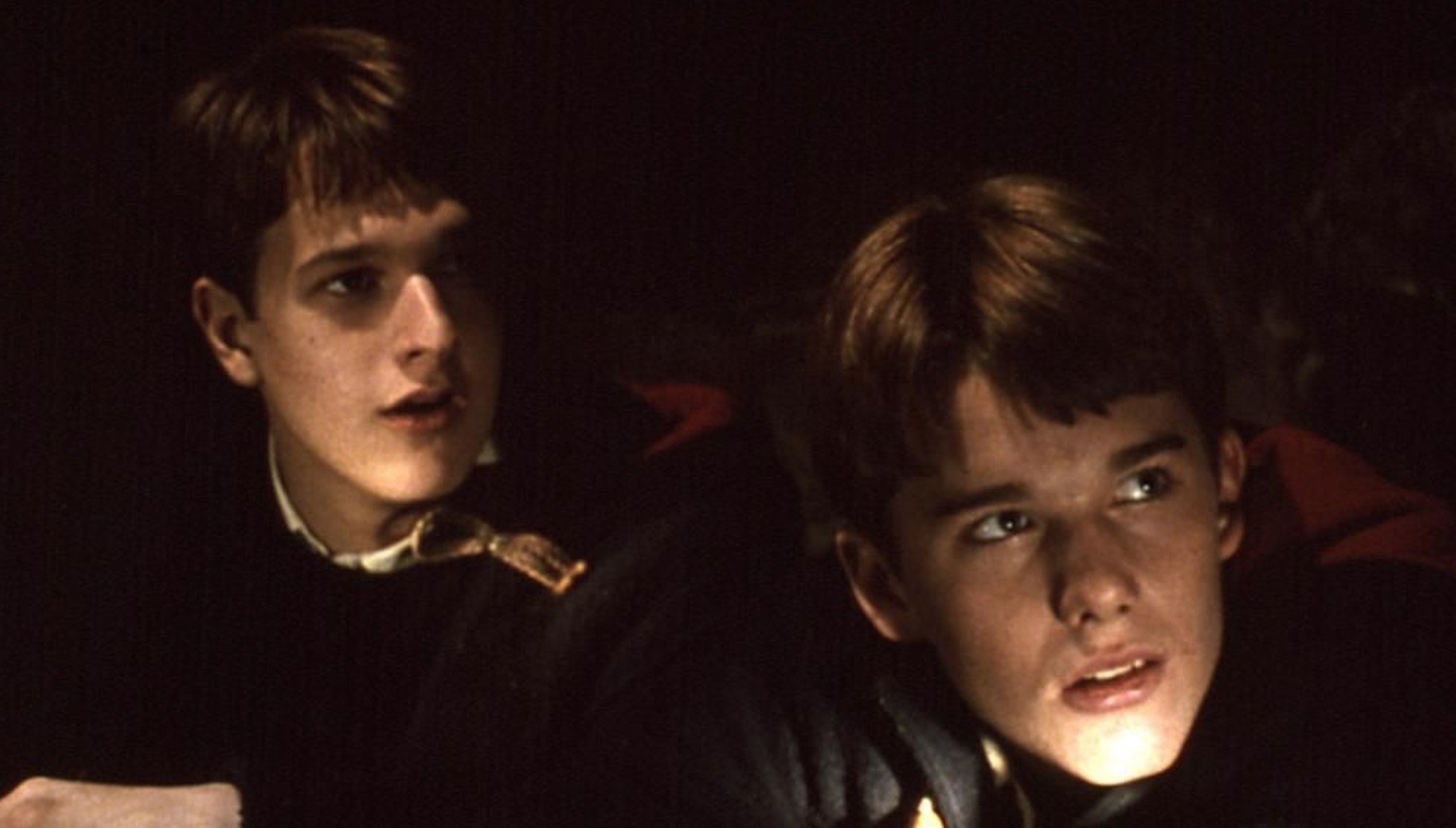 THE KIDS ARE ALRIGHT: Young actors Josh Charles and Ethan Hawke (pictured, right) had both been cast under Kanew’s tenure, but were kept waiting a year when director’s changed and ‘Keating’ was re-cast. It was only Charles’ second on-screen role, but said Weir of the young man, “Josh was the one to beat in auditions. No one came close to him in terms of charm and acting ability.” Hawke had starred opposite River Phoenix in Joe Dante’s Explorers four years prior, but bailed on acting to concentrate on study; Dead Poets Society was his return to filmmaking. “I thought getting this part would change my life, I had instilled it with that kind of importance," he has said.
THE KIDS ARE ALRIGHT: Young actors Josh Charles and Ethan Hawke (pictured, right) had both been cast under Kanew’s tenure, but were kept waiting a year when director’s changed and ‘Keating’ was re-cast. It was only Charles’ second on-screen role, but said Weir of the young man, “Josh was the one to beat in auditions. No one came close to him in terms of charm and acting ability.” Hawke had starred opposite River Phoenix in Joe Dante’s Explorers four years prior, but bailed on acting to concentrate on study; Dead Poets Society was his return to filmmaking. “I thought getting this part would change my life, I had instilled it with that kind of importance," he has said.
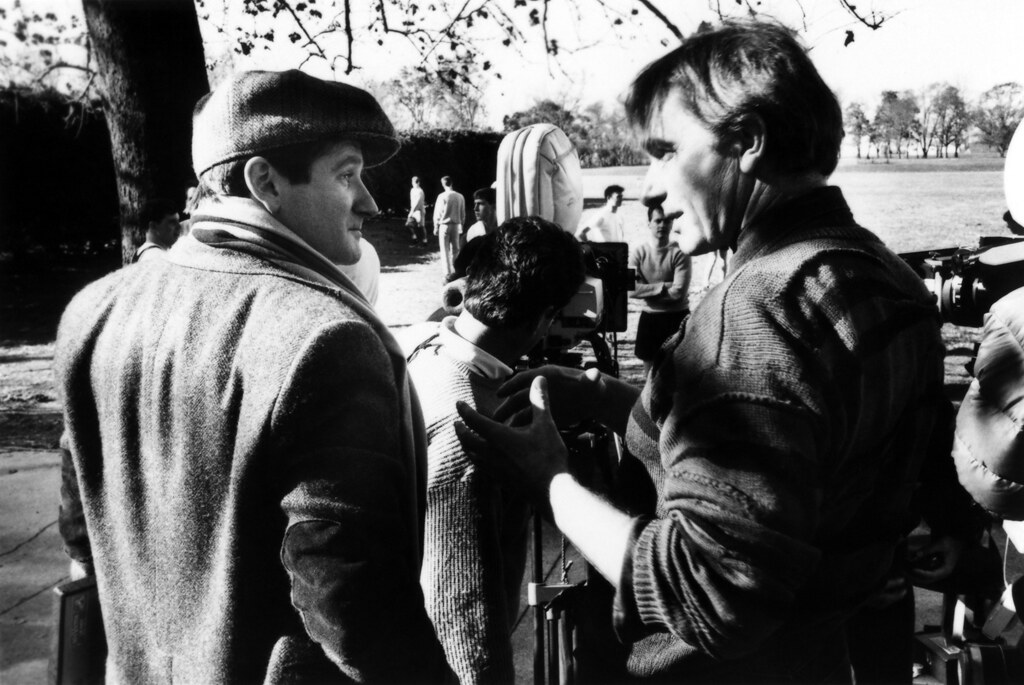 THE WILLIAMS MAGIC: Schulman has admitted that 15percent of Keating’s dialogue is thanks to Williams’ improvisational skill, a force of nature that Weir used with precision and restraint. "When he's inspired, it would be a terrible thing to interrupt him," said the director (pictured, right; Weir, r, on-set with Williams). Some on the set recognized that behind the comedic bluster, there was sadness in Williams, made more pronounced due to his marriage breaking apart during the shoot. Actor Norman Lloyd, who locked horns with Keating in the role of ‘Mr Nolan’, told The Hollywood Reporter, “He masked the whole thing very carefully. It was never evident in the work. It was all kept under control." Ethan Hawke offers a different view, stating, “Even (to me) at 18, it was obvious he was in a tremendous amount of pain. Anybody who was watching knew."
THE WILLIAMS MAGIC: Schulman has admitted that 15percent of Keating’s dialogue is thanks to Williams’ improvisational skill, a force of nature that Weir used with precision and restraint. "When he's inspired, it would be a terrible thing to interrupt him," said the director (pictured, right; Weir, r, on-set with Williams). Some on the set recognized that behind the comedic bluster, there was sadness in Williams, made more pronounced due to his marriage breaking apart during the shoot. Actor Norman Lloyd, who locked horns with Keating in the role of ‘Mr Nolan’, told The Hollywood Reporter, “He masked the whole thing very carefully. It was never evident in the work. It was all kept under control." Ethan Hawke offers a different view, stating, “Even (to me) at 18, it was obvious he was in a tremendous amount of pain. Anybody who was watching knew."
CARPE DIEM: By the end of the summer of 1989, Touchstone’s faith in the film had been rewarded. On a tightly monitored budget of US$16.4million, Dead Poets Society faced off against the summer of Indiana Jones and The Last Crusade, Batman, Ghostbusters II, When Harry Met Sally and Licence to Kill to earn US$95.9million domestically – the 10th top grossing film of the year. Internationally, it was a blockbuster, adding US$140million. Oscar noticed, giving Tom Schulman the Best Original Screenplay trophy and nominating the film for Best Picture, Director and Actor. So resonant were the experiences of the young men under Keating’s charge, the battle cry of the film, “Oh captain, my captain!” became a global hashtag in the wake of Robin William’s passing in 2014.
EVENT Cinemas are celebrating the 30th anniversary of Dead Poets Society with rare big-screen sessions nationwide on August 7. Full venue and ticket information is available at their official website.
Acknowledged sources: E! News Online, Box Office Mojo, Robin Williams Fansite, The Hollywood Reporter, People.
 Simon Foster
Simon Foster






